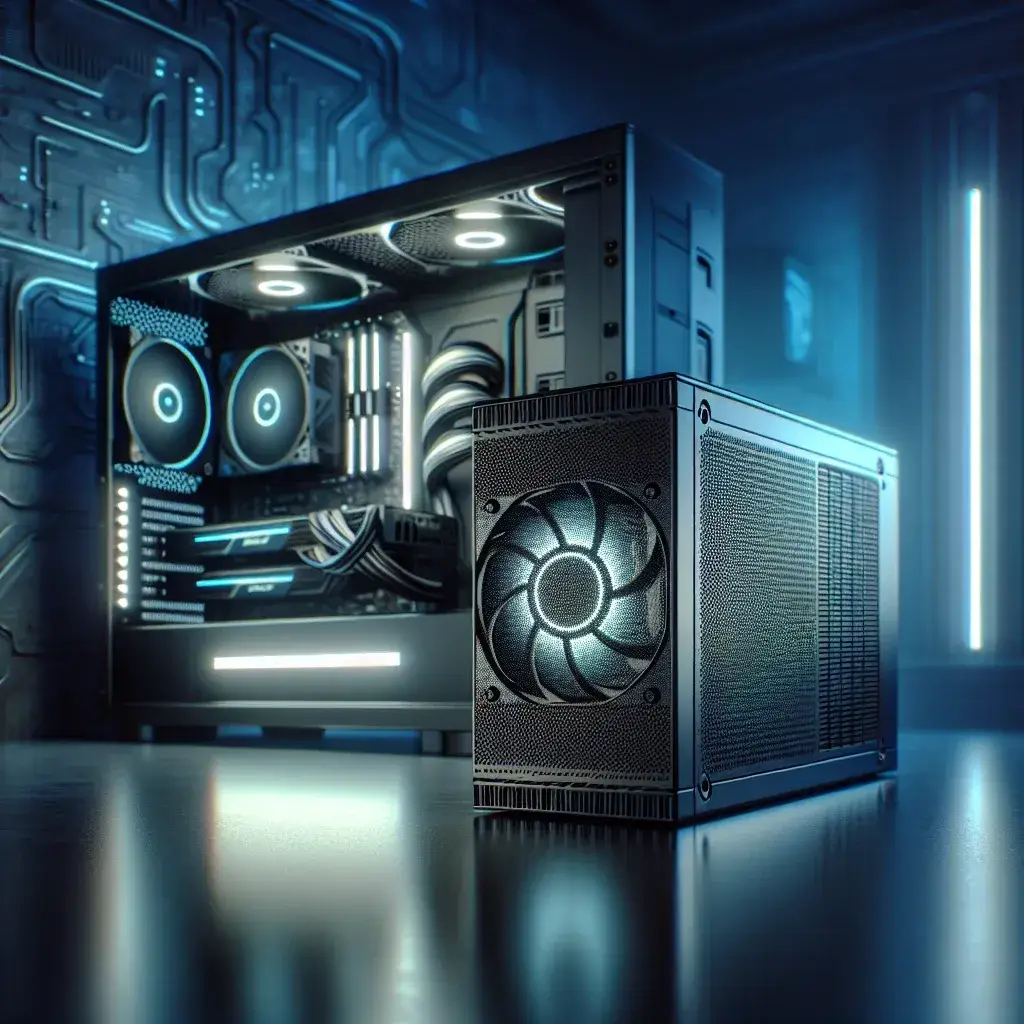When it comes to gaming PCs, the power supply unit (PSU) is often an overlooked component. However, optimizing your power supply can significantly impact both the performance of your gaming rig and its energy efficiency. With the rise of desktop gaming, understanding what constitutes the most efficient power supply for gaming PCs has become vital. In this article, we’ll break down the key factors to consider and provide a guide to choosing the right PSU tailored to your gaming needs.
| Power Supply Rating | Efficiency Percentage | Common Models |
|---|---|---|
| 80 PLUS Bronze | 82% – 85% | EVGA 600 W1, Corsair CV550 |
| 80 PLUS Silver | 85% – 88% | Seasonic S12III 500W, Thermaltake Smart 600W |
| 80 PLUS Gold | 87% – 90% | Corsair RM650x, EVGA SuperNOVA 750 G5 |
| 80 PLUS Platinum | 90% – 94% | Seasonic Focus Platinum 650, ASUS ROG Thor 850W |
| 80 PLUS Titanium | 94% and above | Seasonic Prime TX-850, Corsair AX1600i |
Understanding Power Supply Efficiency
Efficiency in power supplies refers to how much of the power drawn from the wall socket gets converted into usable power for your gaming PC. An efficient PSU minimizes energy loss and heat generation, leading to lower electricity bills and a more reliable system.
Why Efficiency Matters
- Energy Savings: A more efficient PSU wastes less electricity, resulting in lower energy costs over time.
- Heat Management: High-efficiency units produce less waste heat, which can help create a better thermal environment in your PC.
- Longevity: Running cooler tends to prolong the lifespan of your components.
- Performance Stability: A good quality power supply can maintain voltage stability under load, which is critical during intense gaming sessions.
What to Look for in a Gaming PSU
Wattage
Choosing the right wattage for your PSU is essential. A PSU that is too weak can cause system instability, while an excessively large PSU can lead to higher energy consumption. Generally, calculate your system’s wattage needs:
- CPU: 65 – 130W
- GPU: 150 – 350W
- Motherboard: 50W
- RAM: 10W per stick
- Drives: 5 – 15W each
Most gaming systems with a single GPU will run efficiently on a PSU rated between 500W and 750W. Always consider potential upgrades in the future.
Modularity
Power supplies can be categorized as non-modular, semi-modular, or fully modular:
- Non-modular: All cables are hardwired, which can lead to cable clutter.
- Semi-modular: Some cables are hardwired, while others can be added or removed as needed.
- Fully modular: All cables can be removed, allowing for better airflow and easier installation.
Form Factor
The form factor of the PSU must match your case. The most common form factor is ATX, but smaller cases might require SFX or other sizes. Always check your case compatibility before making a purchase.
Cooling Solutions
A good PSU will often feature a fan, and the size of the fan can impact noise levels and cooling efficiency. While larger fans can move more air quietly, high-quality components can help keep noise down even with smaller fans.
Top Brands for Gaming Power Supplies
When it comes to reliability and performance, certain brands stand out in the PSU market:
- Seasonic: Renowned for their high-quality components and efficiency ratings.
- EVGA: Offers a variety of models with good warranty options and customer support.
- Corsair: Known for modular designs and a wide range of power supplies.
- Thermaltake: Offers colorful RGB options in addition to performance-oriented units.
Comparative Efficiency of Different PSUs
To help you understand the differences between efficiency ratings, refer to the following table:
| Efficiency Rating | Typical Usage Scenario | Pros | Cons |
|---|---|---|---|
| 80 PLUS Bronze | Basic Gaming Build | Lower cost, acceptable efficiency | Wasted power, higher temps |
| 80 PLUS Silver | Mid-range Gaming PC | Better efficiency, balanced cost | Still not top-tier efficiency |
| 80 PLUS Gold | High-end Gaming Rig | Excellent efficiency, solid reliability | Higher upfront cost |
| 80 PLUS Platinum | Enthusiast Build | Very high efficiency, minimal heat | More expensive, diminishing returns |
| 80 PLUS Titanium | Ultimate Gaming PC | Extreme efficiency, premium quality | High initial investment |
Best Practices for PSU Selection
1. Research Ratings and Reviews
Before committing to a PSU, take some time to read user reviews and professional benchmarks to see real-world performance statistics.
2. Consider Future Needs
Planning for upgrades is essential. Buying a PSU with extra wattage headroom provides flexibility for future graphics card or CPU upgrades.
3. Analyze the Warranty
Manufacturers that back their products with lengthy warranties often provide better quality. Look for PSUs with at least a 5-year warranty.
4. Pay Attention to Cables
Ensure that the PSU includes all necessary cables and sufficient length to connect to your hardware comfortably.
Conclusion
Choosing the most efficient power supply for your gaming PC is critical for its performance and longevity. With a variety of options ranging from 80 PLUS Bronze to Titanium ratings, it’s important to consider your gaming needs and future upgrades. By focusing on efficiency, wattage, modularity, and reviews, you’ll ensure that your power supply meets the demands of your high-performance gaming rig while remaining energy-efficient.

